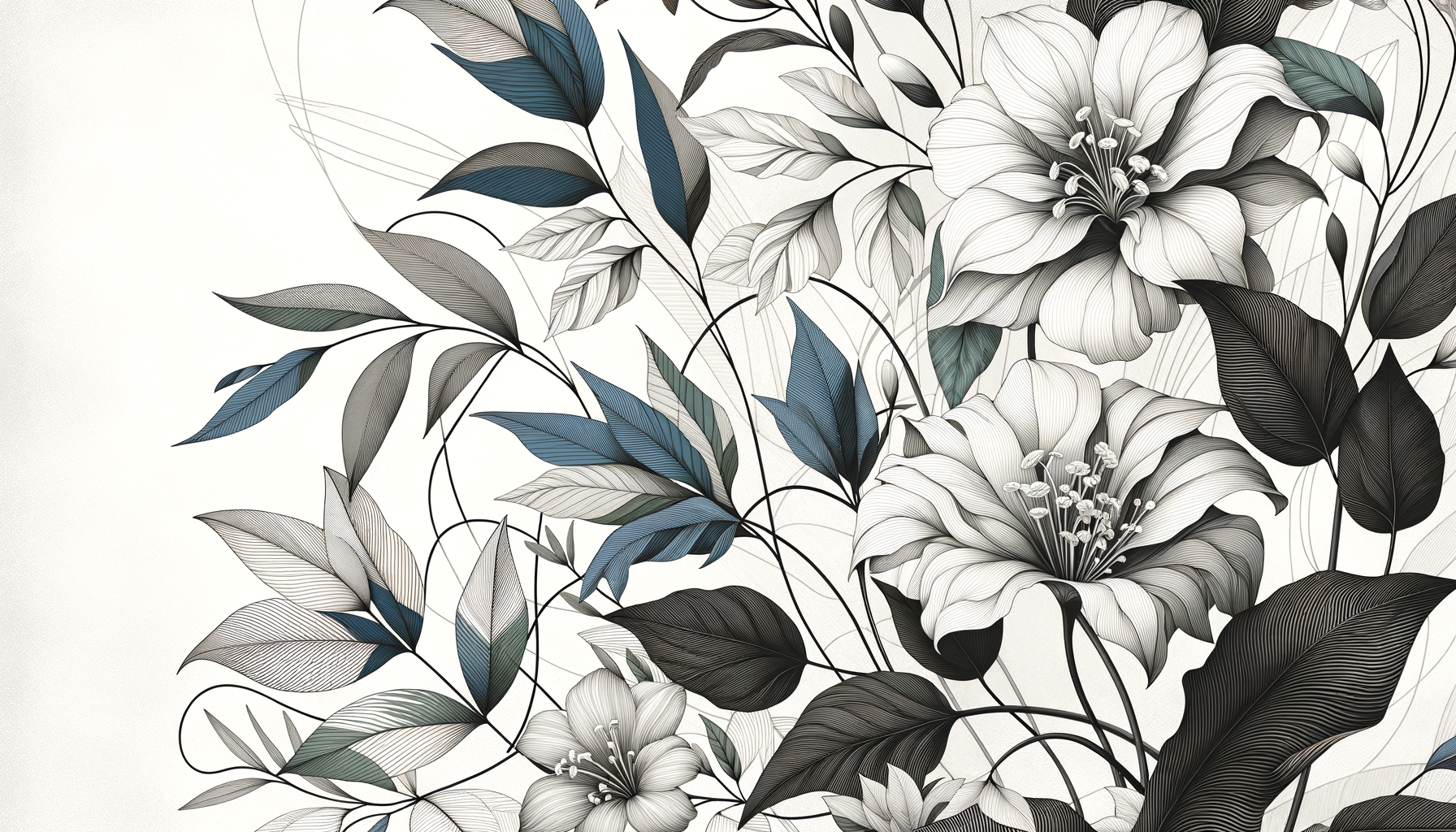The Fear I Conquered
Fear, Meet Juliette: A Story of Stage Fright (Minus the Stage)
It started innocently enough: a vibrant red sweater, a certain slouch, and an inexplicable talent for locking up emotionally the second someone asked, "So, tell me about yourself." Talking about myself, at least in any way that felt vulnerable, was the fear I carried like a too-heavy tote bag—chic in theory but exhausting when schlepping it everywhere, even to first dates.
For years, I avoided confessing much about my life, likes, or heartbreaks to anyone who wasn’t already in my carefully curated inner circle. Sharing my feelings, my quirks—even declaring my oddly intense love for road trips to roadside diners outside Montreal—felt scarier than skydiving. And I say that as someone who has also resolutely avoided skydiving.
If you're nodding in recognition right now, I see you, fellow serial deflector. Talking about yourself—or more terrifyingly, being known, truly known—can feel about as cozy as a lobster in a pot. But stick with me, because I conquered this fear, and spoiler: there was no TED Talk involved.
The Roots of the Panic Plant
Looking back, I can pinpoint this fear to a dinner table moment when I was seven. My family, over bowls of soupe aux pois, was trying to get me to tell my grade-school crush’s name. I deflected by reciting poetry instead. (Yes, I was that kid.)
Fast forward to adulthood, and my relationships often stalled in the space between casual and deep. I still panicked at even the lightest "getting to know you" curveballs.
Questions like:
- “What’s your biggest dream in life?”
- “If you could travel anywhere, where would you go?”
- “What's with all the Coeur de Pirate songs in your Spotify playlist?”
…would send me into a swirling cycle of overthinking. What if my answer made me seem too ambitious? Or not ambitious enough? What if, by revealing my love of melancholic French ballads, I accidentally exposed just how emotional I really am?
Spoiler alert: They were going to find out the emotional thing eventually.
How Fear Fell Apart—and Slowly, So Did I
The shift started the day a terrible first date surprised me with the classic, "So, what’s your story?" I said nothing for such an uncomfortably long time that he asked it again, but slower. Like we were in some kind of hostage negotiation.
Desperate to make the conversation less awkward, I blurted, "I hate that question. Can we talk about bad 2000s rom-coms instead?" His relief was palpable, but it hit me later: my fear wasn’t charming or mysterious. It was just holding me back—from being vulnerable and connecting with people authentically.
I wish I could tell you I had an Eat Pray Love moment in Bali or a philosopher’s epiphany by the Seine. But no. My journey to self-storytelling started much more humbly: by practicing on strangers. Specifically, male customers who came into my favorite café in Montreal, where I spent hours writing and people-watching.
There was something wonderfully low stakes about sharing random stories with people whose names I usually didn’t even know. Casual things. Like the time I moved to Paris and lived off baguettes for weeks, only to faint mid-museum tour. Or the fact that I once made it my mission to re-create my maman’s tourtière recipe—only to burn the thing so badly the smoke alarm seemed apologetic. These details weren’t exactly deep confessions, but they were mine.
Piece by piece, I began confronting the fear that others would find me weird or boring or “not enough.” Turns out, most of those fears were as unfounded as thinking texting someone first makes you look desperate.
Tools I Picked Up Along the Way
Let me be clear: becoming comfortable talking about yourself doesn’t require being an open book (or, in my case, an open bilingual memoir). Instead, here are the lessons I learned—tools, if you will—that helped me turn fear into confidence.
-
Start Small (and Practice Anywhere):
Imagine sharing a tiny piece of yourself during a low-pressure situation—a chat with a coworker or while ordering coffee. Got a weird hobby? Talk about it. Obsessed with kombucha you made in college? Let it flow. It builds your storytelling “muscle” incrementally. -
Reframe Vulnerability as Strength:
For years, I thought that withholding personal details protected me. But I came to see vulnerability for what it is: captain of Connection Brigade. Confessing you’re nervous, unsure, or quirky? That’s bravery right there. -
Don’t Try to Impress. Try to Relate:
Nobody is expecting an Oscar-winning monologue from you. Play it real, not rehearsed. If someone asks about your childhood, you don’t need the perfect bon mot. Mention your epic Lego tower fail or that time your dad spilled half a bottle of maple syrup on the family dog. -
Embrace Humor and Imperfection:
Not sure what to say? A little humor goes a long way. For me, humor was the bridge between my perceived awkwardness and making genuine connections. Sure, I’ve overshared about how I once got drunk on Vermouth (I didn’t know you sipped it!), but hey, it worked. -
Ask Yourself: What’s the Worst That Could Happen?
It’s easy to fear being misunderstood or judged. But nine times out of ten, people aren’t scrutinizing every syllable of your answers. They’re busy worrying about their own. Grounding yourself in this reality is freeing.
Why It Matters
The moment my fear officially crumbled? A third date with the man who eventually became my fiancé. On a windy autumn night, we sat on a park bench overlooking the St. Lawrence River, shivering but lingering, neither wanting to leave. Half joking, he asked, “Tell me something no one else knows about you.”
Normally, I would’ve shied away, made him guess, or mumbled something noncommittal. Instead, I told him about the short story I’d submitted to a literary journal—my first-ever act of professional bravery. His response (and his delight) reminded me why taking risks matters. Authenticity invites the right connections while filtering out the wrong ones, like shaking a sifter over flour.
Embrace Your Own Story
If fear of opening up is keeping you in your shell, I get it. But life outside that shell looks a lot like love with the right person, friendships that last through the tough seasons, and wild connections with random people at that café where the light falls just so.
So, wear the too-red sweater. Tell that embarrassing story you've been hiding. Break free from the safe and watch how much space you make for the extraordinary. Trust me—roadside diners and French ballads are far more fun when you stop hiding everything else that makes you, you.




















